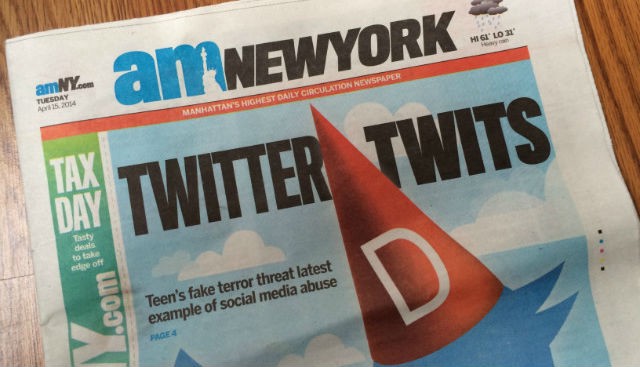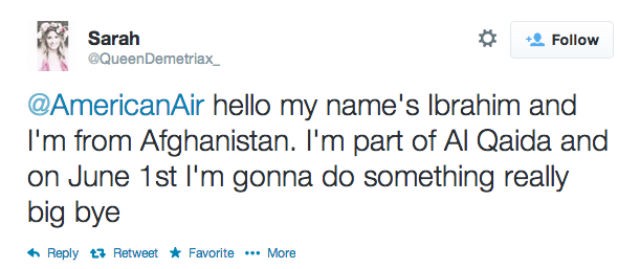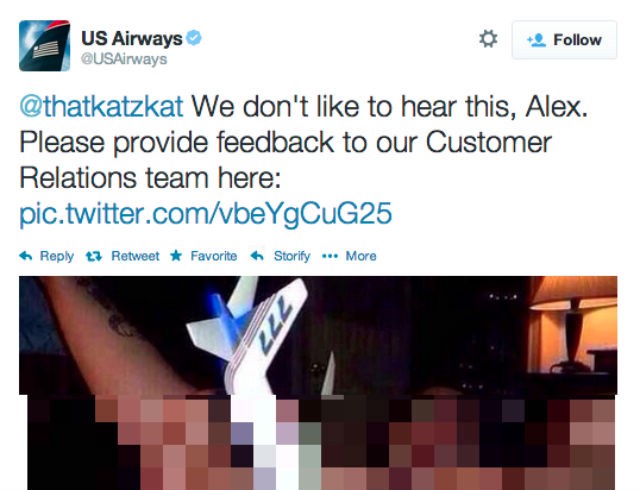Should You Tweet?
Should You Tweet?

1. What is Twitter?
Twitter is a website.
2. What is a website?
The collective plural of content.
3. What is content?
A unit of website.
4. What is a Tweet?
A unit of content on the Twitter website, limited in size and decorated with regalia signifying connections to outside forms of content.
5. How is a Tweet made?
Previously: By texting a special phone number. Currently: With the use of the Twitter website or app.
6. What is an app?
A website for phones.
7. Who Tweets?
Brands, and people who believe themselves to be brands.
8. What is an example of a Tweet?

9. Why do people read Twitter?
Because there are always more Tweets.
10. Why is that?
For approximately five years people Tweeted out of curiosity: Tweets represented a new form of content; Twitter represented a void. Tweets demanded comprehension then mastery; Twitter demanded to be filled. This period was marked by a series of amateur experiments in humor, news and activism, many of which were initially regarded as successes but all of which were revealed, eventually, as failures.
Those early experiments were conducted in a fertile context: Hundreds of thousands of media and media-adjacent professionals, bound to their computers by intermittent but always urgent emails, adopted Twitter as an above-board alternative to entertainment websites, games, and instant message chats. This dedicated audience subtly and fervently advanced the idea of Twitter as necessary and personally productive. They inadvertently carried with them, to the last, the brands for which they worked. These brands took common Twitter habits and early Twitter phenomena and formalized them into what are called social media strategies. A large proportion of Tweets today are the result of these strategies.
11. Should I Tweet?
Civilian Twitter experiments and professional Twitter strategies imagine an intoxicating and tangible upside. Jokes might gain an audience; a regular person or established media property might become an indispensable new information node; a snack food, or an airline, might foster goodwill from prospective customers and absorb the public outrage of detractors. This upside, in the long term, has either eluded its seekers or revealed itself to be vanishingly small.
Tweets that become popular on the strength of their humor or newsworthiness provide little lasting benefit to their creators, in terms of audience. (If an audience is acquired, it will remain but immediately lose interest.) Tweets that reveal the prejudices or carelessness of their creators, however, foster intense and lasting attention. They are the stuff of legacy.

Understood in gambling terms, Twitter is a large and popular casino. There are design features that reward you for small victories while distracting you from commensurate failures. There are no clocks in Twitter. Time is displayed differently within its walls, measured not in dates but in distance from the present. All other visible numbers are cumulative, but you are given the impression that the past does not exist. It most certainly does, permanently and yet stripped of protective context.
Minor successes are repeated back to you until you feel you are safe, and it may be suggested to you that you are on a roll. This will be sustained until you forget that there’s no way to cash out your chips, that every follower and favorite and retweet is in fact not a victory but an accumulated liability. Users that choose not to gamble will be expected to produce non-gaming revenue.
Understood in actuarial terms, your (or your brand’s) chance of survival decreases with every passing tweet. Your failure is Twitter’s only durable form of success. They are the same, and Twitter is a trap. The answer to this question is obviously no.
12. What are some proven strategies to maximize the reach of my tweets?

Adding images to Tweets has been shown to increase engagement by up to 11%.
